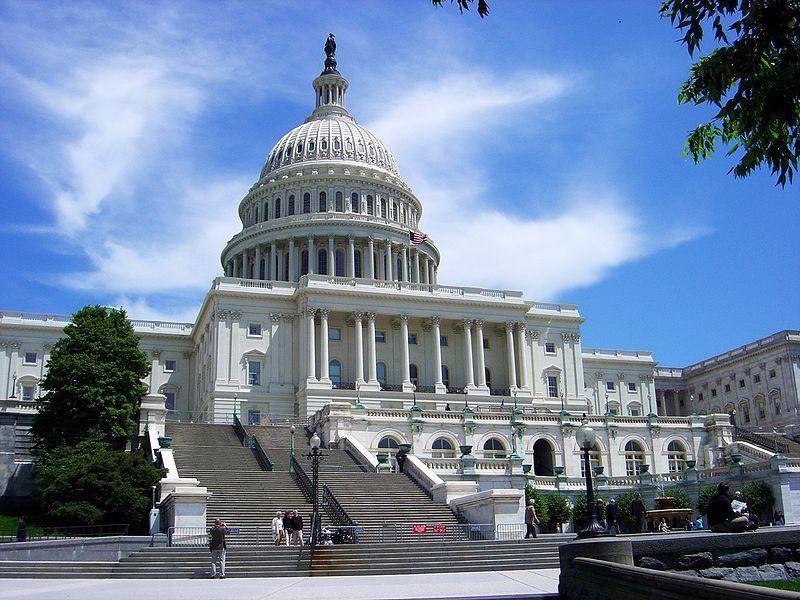Second inaugural addressess typically shorter, rarely well-remembered
On Thursday, the U.S. Senate passed legislation granting incentives to employers who hire veterans.
First inaugural addresses are long remembered and often quoted in American politics.
Second inaugural addresses, typically, are not. For one thing, they’re usually shorter.
In the case of President Barack Obama, the second inauguration will be a smaller deal simply by virtue of how big the first one was. With some 1.8 million people attending the first inauguration of an African-American as president, Obama’s first inauguration marked a transition and indeed an inflection point in the complicated history of African-Americans in the United States.On the occasion of that first inauguration, Rep. John L. Lewis, D.-Ga., a veteran of the Civil Rights movement, described the event as “bewildering” and “almost too much, too emotional.”
“Barack has lifted people,” Lewis told New Yorker editor David Remnick after the inauguration. “Old people, young people, children, black and white. Look out on the Mall here. You can see it in their walk, can’t you?”
Clearly, the palpable hope and excitement of Obama’s first inauguration has waned. The realities of Washington slammed the buoyant president in his first term, and he may find himself reflecting on the words President Lincoln chose to begin his second inaugural.
“At this second appearing to take the oath of the presidential office there is less occasion for an extended address than there was at the first,” Lincoln said, on March 4, 1865. “Then a statement somewhat in detail of a course to be pursued seemed fitting and proper. Now, at the expiration of four years … little that is new could be presented.”
Of course, Lincoln’s second inaugural address is now considered one of the greatest speeches in all of American history. He followed his tentative beginning with a soaring oration on slavery and a hopeful prayer for reconciliation at the end of the Civil War. He was assassinated six weeks later.
Kenneth C. Davis, author of “Don’t Know Much About American History” and “Don’t Know Much About American Presidents,” says few second inaugural addresses live up to Lincoln’s shining example.
“If you have to pick the three greatest speeches in American history, probably all three of them are Lincoln’s — the Gettysburg address and the two inaugurals,” he said. “FDR’s first inaugural, of course, is also a memorable moment. His second inaugural, 1937, is also pretty notable.
Inaugural addresses trace all the way back to George Washington, whose second inaugural short was incredibly short, and delivered in Philadelphia, before the nation’s capital was moved to Washington, D.C.
